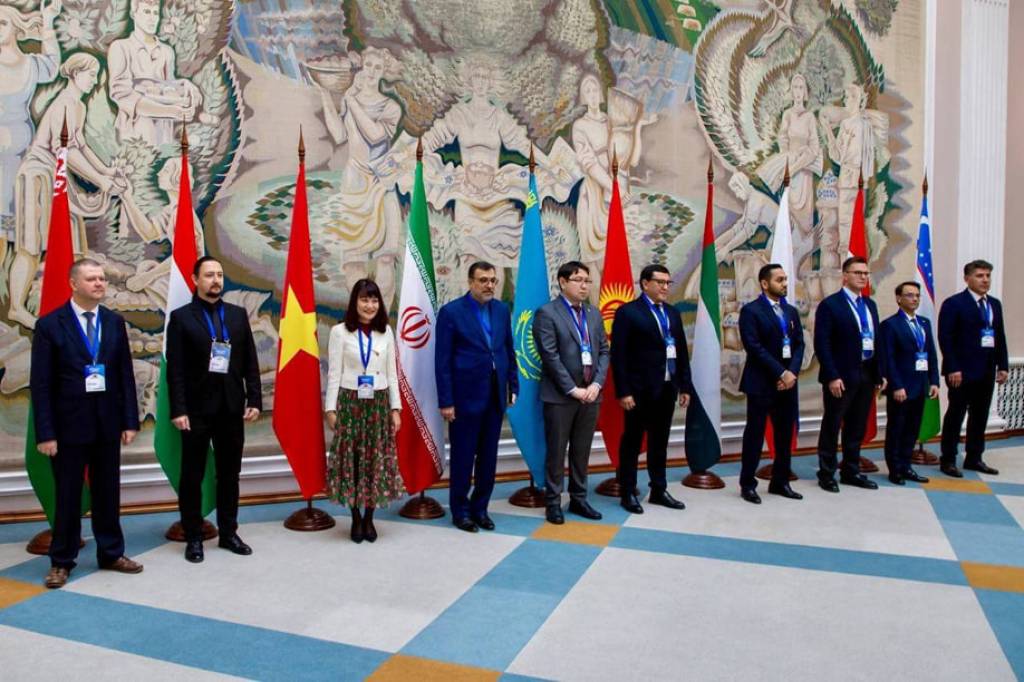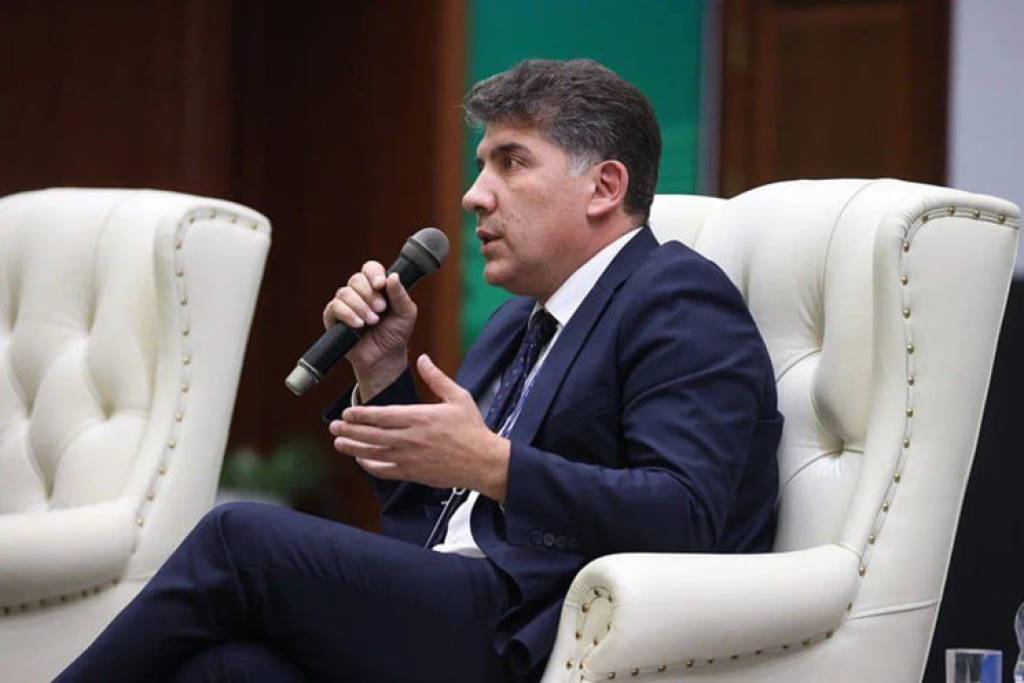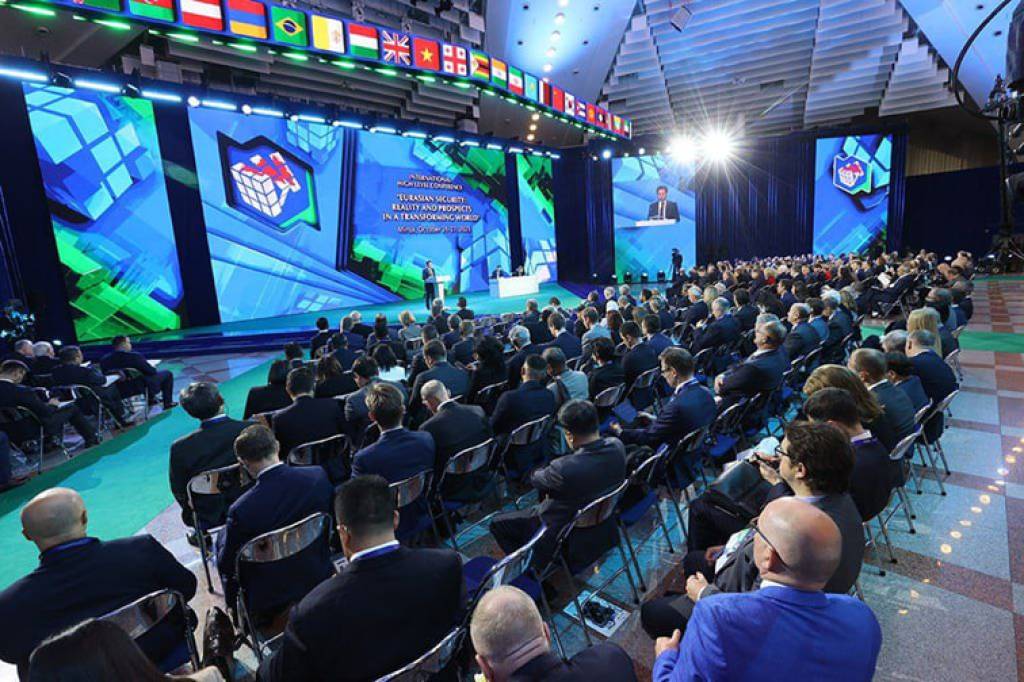ISRS: Central Asia is an essential factor in the stability and sustainable development of the Eurasian continent

On 26-27 October 2023, Minsk hosted a high-level international conference on “Eurasian security: reality and prospects in a transforming world”, organized by the Ministry of Foreign Affairs of the Republic of Belarus and the Belarusian Institute of Strategic Research under the President of the Republic of Belarus.
The heads of the foreign ministries of Belarus, Hungary, Russia, and the deputy foreign ministers of Iran, Kazakhstan, and Tajikistan attended the opening ceremony of the event.
The conference was attended by representatives of the member states of the CSTO, CIS, SCO, academic, and the expert community, as well as heads of several international organizations. In total, over 300 participants from more than 30 countries (Russia, China, the United States, the United Kingdom, Switzerland, Norway, Türkiye, Azerbaijan, etc.).
Views were exchanged on interaction issues between international organizations in security, economic integration, and energy cooperation in Eurasia.

First Deputy Director of the Institute for Strategic and Regional Studies under the President of Uzbekistan (ISRS) Akramjon Nematov spoke at the first special session on the economic integration in favor of a unified Eurasian security architecture.
According to the expert, the problematic geopolitical situation and the deterioration of the macroeconomic situation dictate the need to find reliable and effective cooperation formats in the Eurasian space.
“We proceed from a simple axiom – the security of our countries and their sustainable economic development are comprehensive and essentially indivisible”, he emphasized.
Uzbekistan has relied on pursuing an open, pragmatic, multilateral policy, searching for mutually acceptable compromises on all, even the most pressing issues.
According to the ISRS representative, this approach paid off and led to a radical transformation of the Central Asian region and gave a powerful impetus to the growth of the regional economy.
The expert noted that over the past 6 years, the total GDP of the Central Asian states has doubled, intraregional trade has increased by 3 times, and the number of joint ventures has increased by 5 times. The volume of mutual investments increased almost 6 times, the influx of foreign direct investment into the region – by 45%.
According to the specialist, even in the current challenging conditions, the region demonstrates stability and economic growth, which by the end of 2023 will increase by more than 5%.

It was noted that today, Central Asia is an essential factor in the stability and sustainable development of the Eurasian continent.
“Uzbekistan strongly advocates maintaining dialogue and strengthening trust in the Eurasian space. To unite countries based on common interests, our country put forward the Samarkand Solidarity Initiative in the name of common security and prosperity. It aims to launch a global dialogue between all interested parties, free from geopolitical and ideological confrontation”, stated Akramjon Nematov.
“We recognize that stability in Eurasia and our sustainable development are inextricably linked. That is why Uzbekistan has significantly intensified its participation in various Eurasian associations. Work has been expanded within the CIS, EAEU, SCO, CICA, OTS, ECO”, the ISRS First Deputy Director concluded.






